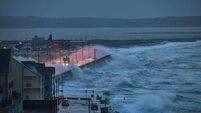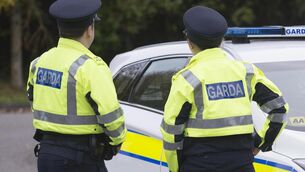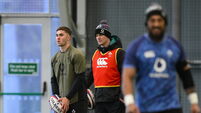‘Father of the Dáil’ in pole position to assume mantle of Taoiseach
A seemingly interminable election campaign, which feels like it has been running since the night of the bank guarantee on September 29, 2008, will have finally come to an end. Mind you, the count process mightn’t be a short, sharp one either, if you include the second phase of counting seats in the composition of a government.
Either way, and regardless of the outcome, come Monday, February 28, there will be a strong sense of a people having drawn a line in their national sands, and the end of a period in our history that is best consigned to just that, our history.













